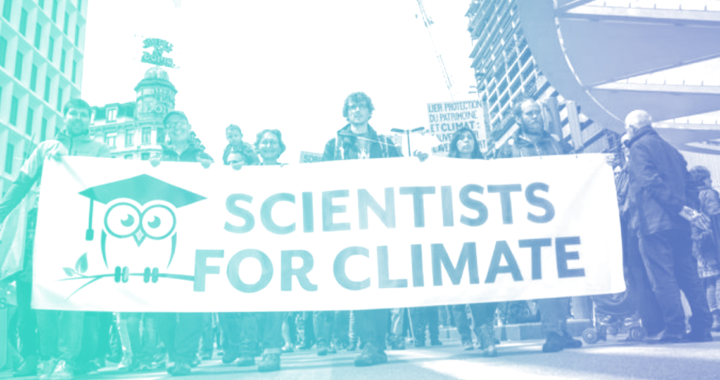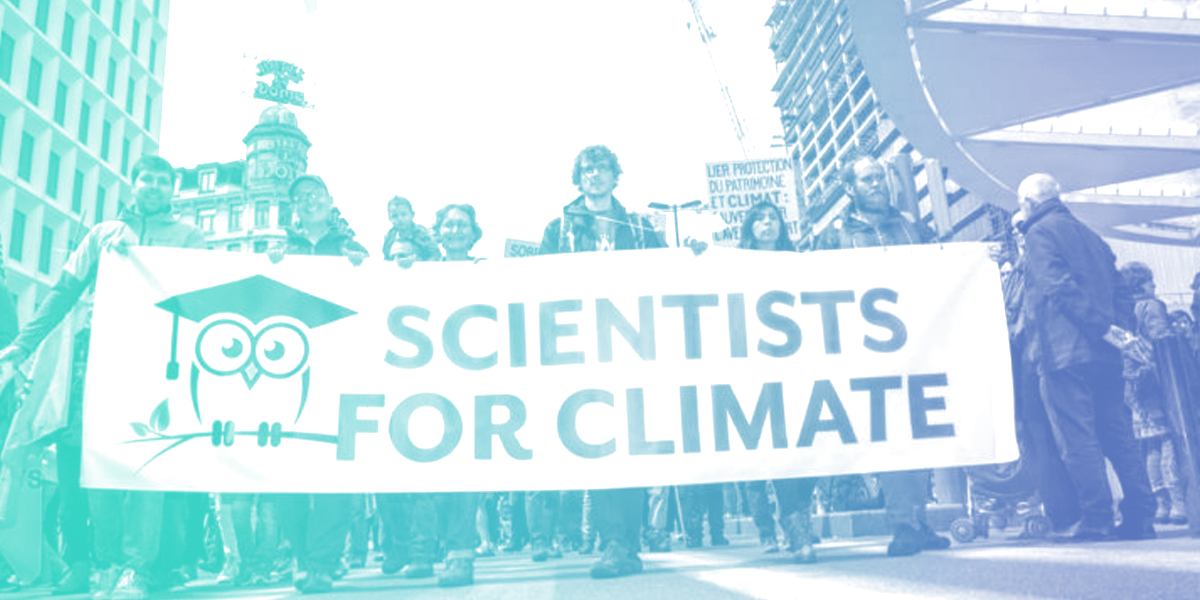Source : L’Echo
Translation : Club of Brussels
Academics who have gathered together under the Club of Brussels and the Extrapreneurs incubator have identified 26 challenges that our country will have to solve within the coming decade. It seems like that the bill is going to be expensive.
Target 2030
This is the year that has been set by Michel de Kemmeter, expert in economic transition, founder of the think tank Club of Brussels, and associate professor at Vesalius College. He believes that until then, without having taken the necessary measures, we will have to resolve several problems at the same time: natural disasters, pensions, energy transition, cybersecurity, long-term absenteeism, etc. For 3 months, with the help of half a dozen people, mostly academics, Michel de Kemmeter identified 26 issues … and quantified them. It has never been done like this before. For this, he and his colleagues have examined all the available reports from institutions, think tanks, NGOs, business studies, etc. And the results are staggering: 9.000 billion euros, more than 20 times the annual GDP of Belgium. “It was a shock for us too,” he said immediately. “And all these issues are converging, and will explode simultaneously, most of them before 2030. This has never been seen before.”
Let’s take for example changes in work, due to the upheaval of the labor market caused by of technological innovations. “We are now facing the largest job training in history of humanity: two-thirds of jobs will radically change. How can 20 times more people than that are there today be trained?” Cost: 38.5 billion euros, based on an estimate conducted by Agoria.
Another example: the renovation of buildings, “millions of square meters of public real estate, most of it is obsolete, to be knocked down or renovated,” according to this former real estate investor. The cost of which: 2.250 billion euros, a calcuated amount based on data from the Board of Buildings and the Vlaamse milieumaatschappij.
Absenteeism, long-term illnesses, burnouts, etc. – the world of work is in turmoil. Cost: 297 billion euros, according to data from economists and institutions like Inami and Gallup.
We also find the cost of a financial crisis that has been predicted by many (15 billion in 2008, according to the Court of Accounts), poverty following the collapse of pensions (172.8 billion), the recovery of our biodiversity (3.360 billion for Belgium, according to Giec, WWF and Greenpeace), etc. “All these figures are can be criticised, admits Michel de Kemmeter, but the methodology is defensible. And again, we have been able to quantify only 90% of our stakes.”
A Historic Window
And yet, should we give up? No, says our expert who says he is optimistic for the first time since he returned to Belgium two years ago, after having deployed his ideas all over the world. “This is the first time that a historic window has opened up: power is really in the hands of people and their entrepreneurial creativity. Both business leaders and the political world are terrified by the magnitude of these issues. Some companies are already on the right track. Our expert mentioned Permafungi, who recovers coffee grounds to turn them into mushrooms and whose waste produces natural fertilizer; Pairi Daiza and its holistic approach to animal, plant, architectural and economic cohabitation, as well as the “circularity” of its waste management; Hello Fresh’s ensuring sustainability all along its value chain; Beescoop and its cooperative network.
And Michel de Kemmeter also points out some ideas brought forth by citizens that have worked abroad. In Saillans in France or in Bregenz in Austria, places where authorities and inhabitants develope projects hand in hand. Argentina in the 2000s (“where employees have taken over factories abandoned by investors”). Or the American city of Detroit, devastated by the 2008 crisis. “We see emerging communities returning to the earth, cleaning up their environment, but also providing security and education, in short, reorganizing from the ground up the vital functions of society. It is through shock that communal creativity awakens, this collaborative intelligence that responds to needs: to live, to eat, to educate, to communicate, etc.” And the shocks are there, staring right at us in the face. Advice for the public: brainstorm !



